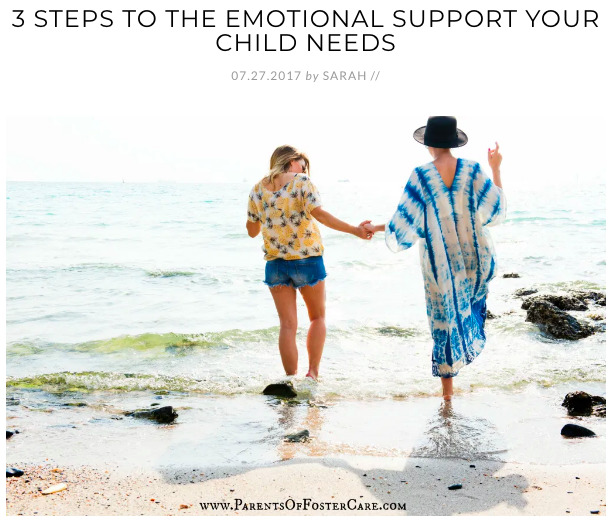“Ignore them, they are just trying to get attention.”
Ever heard that one? Ever said that one? I sure have. I said it often as an Educator, and I’ve even said it as a parent. Though it makes me cringe now, there was a time when I believed that constantly moving, impulsive, wild, erratic behavior was just begging for attention.
Then we became foster parents…and got trauma informed. After that came the residential treatment center where triggers were happening all over the place. It became crystal clear that trauma changes the brain, affects behavior, and creates various needs. Children are NOT attention seeking, they are support seeking. Whether or not they realize it, children (and adults) act in various ways to meet their needs. This is not just reserved for little ones affected by trauma, nuerotypical children have needs they are trying to communicate as well. Our job as parents or caregivers is to try and decode that behavior. What need are they trying to fill? What support are they seeking?
Some examples of supports that children could be seeking:
Sensory Support
Children with sensory challenges could be unknowingly doing behaviors that are sensory seeking or avoidant.
We wrote a blogpost last year discussing self regulation and various ways to help your child learn to calm and regulate their body:
For those sensory seekers, check out this link for some great activities to help your child learn to calm their body and provide it with the sensory input they are seeking.

For the sensory avoidant child, this is a great webinar on sensory overload and managing strategies.
Emotional Support
Another support children might be seeking is emotional support. There may be things your child is trying to communicate, but the need is coming out in behaviors that seem confusing or hard to understand.
Draw them in close, look your child in the eyes, connect and playfully engage. Those simple acts may be a game changer with support seeking behavior.
Giving words to your child’s feelings and teaching them to self identify their feelings can set them up to learn to develop healthy coping skills.
Check out this blogpost on simple ways to emotionally support your child:
Next time you are tempted to label a child’s behavior as attention seeking, try reframing it to “support seeking”. This small shift in words can help you partner with your child to find the right support to help regulate and calm their body while connecting and becoming self aware.
What are some of your favorite support strategies? We’d love to hear them!

